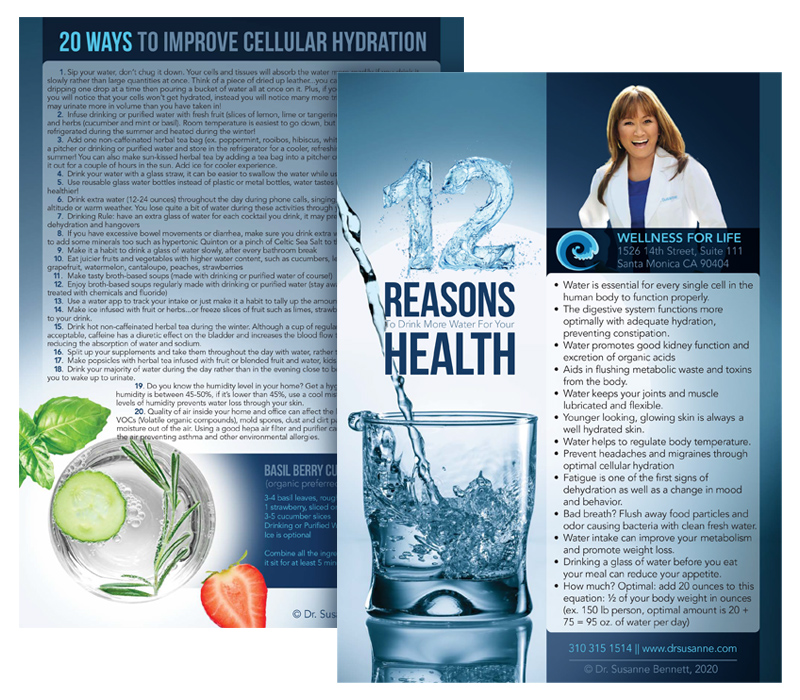 Many people go years before they know that their bodies are incapable of digesting or are allergic to gluten. Gluten is a protein molecule found in grains like wheat, barley, rye and oats. Two types of gluten issues that people may have are celiac disease and gluten intolerance.
Many people go years before they know that their bodies are incapable of digesting or are allergic to gluten. Gluten is a protein molecule found in grains like wheat, barley, rye and oats. Two types of gluten issues that people may have are celiac disease and gluten intolerance.
Many people confuse a gluten intolerance for celiac disease when in fact they are different things. Celiac disease is a genetic autoimmune disease and gluten intolerance is when your body simply has difficulty digesting gluten. Typically a gluten allergy causes a reaction to wheat products. Symptoms usually range from swelling eyes, lips and face, sneezing and respiratory problems. If you suspect you are allergic to gluten grains I highly recommend taking an allergy test. If you test positive then it is crucial that you maintain a gluten-free diet at all times. Over time if you continue to eat grains that contain gluten you can damage your digestive system and cause nutrient deficiencies.
Many companies are now catering to people with gluten allergies and are manufacturing more and more gluten-free products. Cereal, crackers and even cakes are now being made gluten-free. Try shopping at local markets or going online for specific items. Be sure to stay away from pasta and bread and any other foods containing grain. Gluten allergies are fairly new to doctors and patients everywhere so researching it will be very helpful. Look up new products online and gluten-free recipes for your whole family to enjoy.
Reference
glutensinsitivity.net




